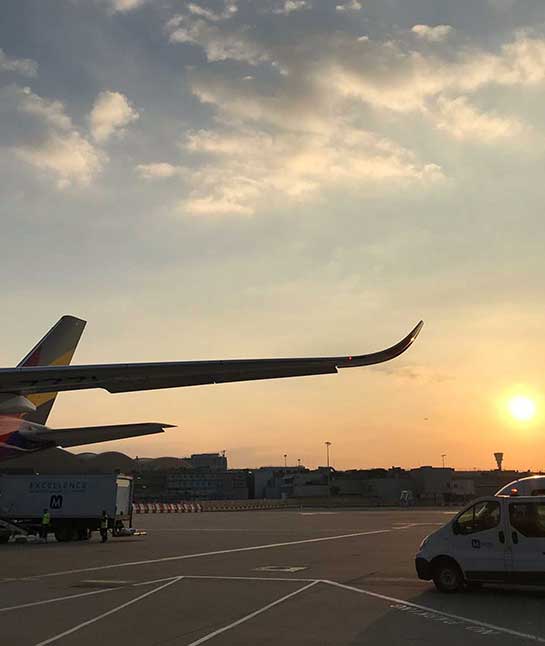
Package trip or tickets
Package trips to Porto typically include accommodation, match tickets, and often additional experiences like stadium tours or wine tastings in the nearby Douro Valley. These comprehensive options work well if you want everything organized, especially for first-time visitors to Porto. Ticket-only options give you more flexibility to choose your own accommodation and explore the city at your own pace. Porto's compact city center means you can stay in the historic areas and still reach the stadium easily. Package trips often secure better ticket locations and include local guides who share insights about Portuguese football culture that you might miss traveling independently.
Porto's rivalries
The biggest rivalry in Portuguese football is O Clássico between Porto and Benfica, a clash that divides the entire country between north and south. These matches carry enormous significance beyond football, representing regional pride and cultural identity. The rivalry with Sporting adds another layer of intensity to Portuguese football, creating a triangle of competition that dominates the domestic scene. Locally, matches against Boavista generate extra passion as the city derby, though Boavista's lower league status has reduced the frequency of these encounters. European nights at Estádio do Dragão showcase Porto's fighting spirit, with supporters treating every Champions League match as a battle for Portuguese football honor.
